
 Jumper (Jumper #1)
Jumper (Jumper #1)
By Steven Gould; Performed by MacLeod Andrews
Publisher: Brilliance Audio
[UNABRIDGED] 10 hrs. on 9 CDs
ISBN: 978-1469298801
Themes: / teleportation / coming-of-age /crime /
Publisher summary:
What if you could go anywhere in the world, in the blink of an eye? Where would you go? What would you do? Davy can teleport. To survive, Davy must learn to use and control his power in a world that is more violent and complex than he ever imagined. But mere survival is not enough for him. Davy wants to find others like himself, others who can Jump. And that’s a dangerous game.
It’s actually interesting to note the timing for my reading of this book. I’d just finished Larry Correia’s Hard Magic and jumped (pun intended) right into Jumper by Steven Gould, the new SFWA president.
I absolutely loved Hard Magic and Correia’s book dealt with a wide variety of different magics, from the Pale Horse who can make people die to the Heavies who can use magic to move objects (and much more as we find out) and even teleports who can disappear and appear anywhere they want. Jumper, on the other hand, only deals with one power, teleportation. How could this book even compete?
And yet as complicated and well-thought-out as Hard Magic is, even going so far as to explain what happens when you teleport into a bug (it melds with your skin and really hurts), Jumper was an excellent story in its simplicity. Jumper explains some of the nuances of the powers of teleportation, but not nearly as in-depth as Correia (I know, even with all the other powers it deals with).
Davy learns about his powers through some pretty brutal circumstances. His dad is an alcoholic who regularly beats him, but in the middle of one episode, he suddenly “jumps” away to his local library. From there, he decides not to go back, but that doesn’t mean he understands or even knows how to use his newfound skills. Davy gets into more trouble out on his own with scumbags who try to rape him and again he accidentally teleports out of the situation and back to the library.
And so begins Davy’s use of his powers and his fledgling understanding of what he is able to do. This, this right here, is the genius of this story. I can’t imagine finding myself with these powers, especially at a young age and with such brutal circumstances, but I’m sure it would be something very similar to this. Okay, with a few less problems because not everyone encounters one problem after the next, but overall it works so well. The performance by MacLeod Andrews is a good capture of being a teenager, crackly voice and all.
I’m also happy to report that the book is leaps and bounds better than the movie. With such a cool premise and such great previews, how did that movie suck so much? Oh yeah, they got the worst actor in the world to be the lead.
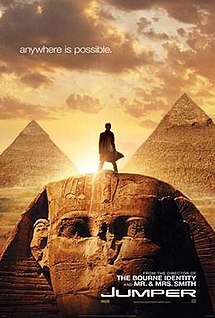
On the topic of the movie, if you are one of the poor souls who sat through it (it did have its moments of not being terrible I have to admit), the movie follows the book pretty well for the most part although there are some things that are added, but I’m wondering if those elements don’t appear in the sequels to this book which I’ll have to read and get back to you about.
To recap. Jumper is much better than the movie and works well because of its simplicity. It’s nothing that will change the world in terms of ideas or writing, but it’s great for what it’s meant for – action and exploration. It displays a power we all wish we could have and does so brilliantly and realistically.
4 out of 5 Stars (highly recommended)
Posted by Bryce L.

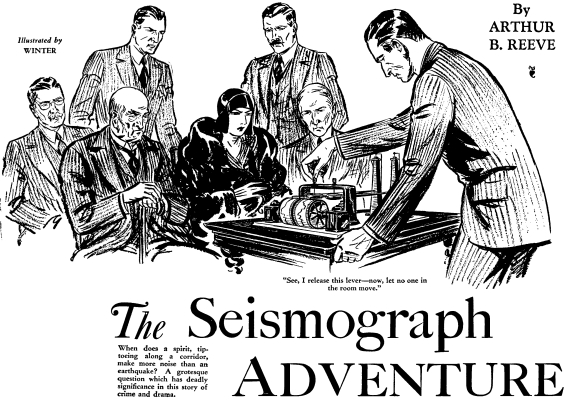
 The Seismograph Adventure
The Seismograph Adventure
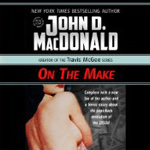 On the Make
On the Make Jumper (Jumper #1)
Jumper (Jumper #1)
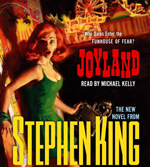 Joyland
Joyland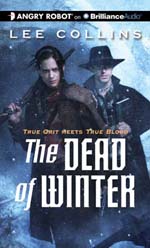 The Dead of Winter (Cora Oglesby #1)
The Dead of Winter (Cora Oglesby #1)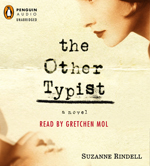 The Other Typist
The Other Typist